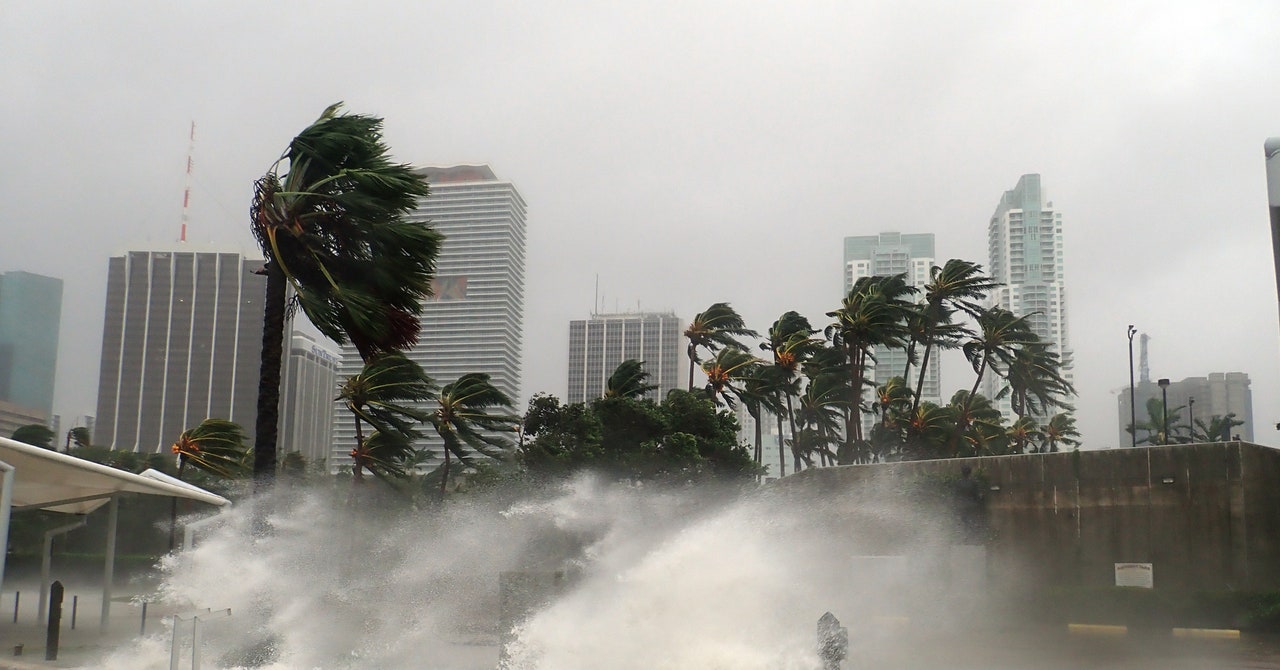Physical Address
304 North Cardinal St.
Dorchester Center, MA 02124
Physical Address
304 North Cardinal St.
Dorchester Center, MA 02124

Latest record temperatures year has pushed the global water cycle to “new climatic extremes”, according to a Global Water Monitor Report 2024. The document, produced by an international consortium led by researchers from the Australian National University, says these climate anomalies have caused devastating floods and droughts that have resulted in more than 8,700 deaths, the displacement of 40 million people and economic losses that exceed $550 billion.
The report was carried out by an international team and was led by ANU Professor Albert van Dijk. It reveals that 2024 was the hottest year so far for almost 4 billion people in 111 countries, and that the air temperature above the Earth’s surface was 1.2 degrees Celsius higher than documented at the beginning of the century and 2.2 degrees Celsius higher than at the start of the Industrial Revolution.
Van Dijk states that water systems around the globe have been affected. “From historic droughts to catastrophic floods, these severe climate variations affect lives, livelihoods and entire ecosystems. Water is our most important resource, and its extreme conditions are among the biggest threats we face “, he says.
The report’s authors analyzed data from thousands of ground and satellite stations that collect real-time information on critical water variables, including rainfall intensity and frequency, soil moisture and the floods.
“We found precipitation records are being broken with increasing regularity. For example, record monthly precipitation records were achieved 27 percent more frequently in 2024 than at the beginning of this century, while daily precipitation records were obtained 52 percent more frequently. The record lows were 38 percent more frequent, so we see worse extremes on both sides,” says Van Dijk.
The research states that, as a result, sea surface temperatures rose, intensifying tropical cyclones and droughts in the Amazon basin and southern Africa. Global warming has favored the formation of slower storms in Europe, Asia and Brazil, subjecting some regions, such as Valencia in Spain, to extremely high levels of rain. Widespread flooding in Afghanistan and Pakistan, while rising levels in the Yangtze and Pearl rivers in southern China damaged rice crops.
“In Bangladesh, heavy monsoon rains and the release of water from dams have affected more than 5.8 million people, and at least 1 million tons of rice have been wiped out. In the Amazon basin, forest fires Because of the hot and dry weather it devastated more than 52,000 square kilometers in September alone, releasing huge amounts of greenhouse gases,” says Van Dijk.
The study adds that changes in the water cycle have intensified food shortages, deteriorated transport routes, and disrupted hydroelectric power generation in some regions. “We need to prepare and adapt to inevitably more severe extreme events. This may mean the adoption of stronger flood defences, the development of new food production systems and more drought-resistant water supply networks ” suggests Van Dijk.
World leaders have pledged to implement measures and policies to prevent global warming of more than 1.5 degrees Celsius above pre-industrial levels by the end of the century, but the World Meteorological Organization has said current efforts are insufficient. The WMO estimates that there is an 80 percent chance that average global temperatures will exceed 1.5 degrees Celsius above pre-industrial levels again in at least one of the next five years. The projection suggests that humanity is far from meeting the goals of the Paris Agreement and raises new concerns about the progress of climate change.
Securing financial resources is another challenge. The United Nations Environment Program estimates that the funding gap for climate change adaptation is between $194 billion and $366 billion annually.
António Guterres, Secretary General of the United Nations, said that “we are on a planetary tightrope. Either leaders close the emissions gap, or we are heading towards climate disaster, with the poorest and most vulnerable suffering the most. The countdown to action has begun.”
This story originally appeared Wired in Spanish and was translated from the Spanish.